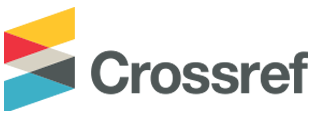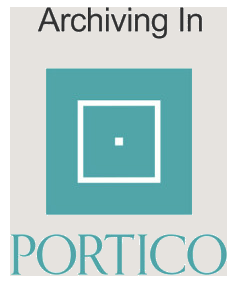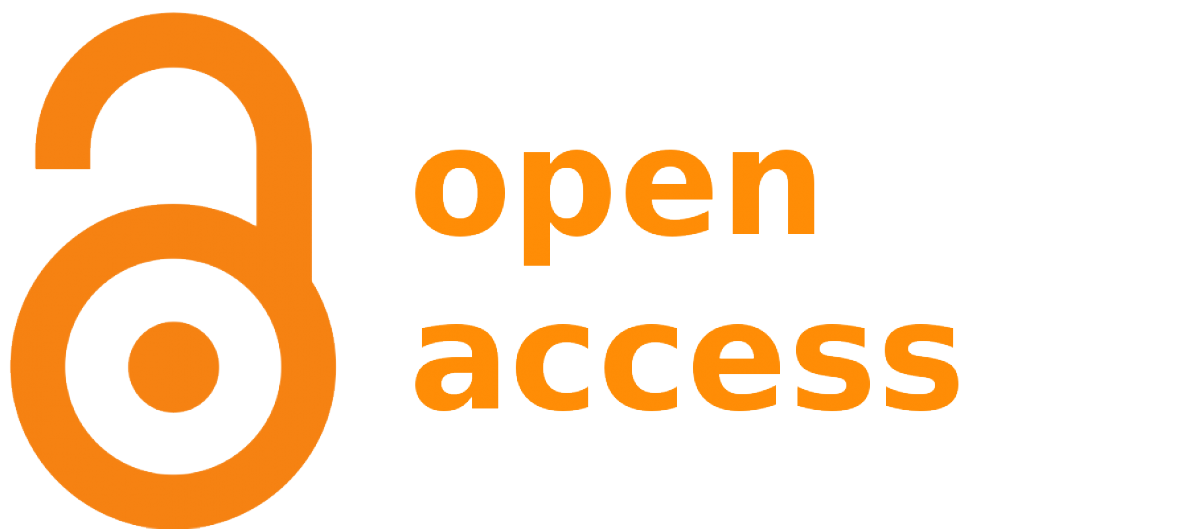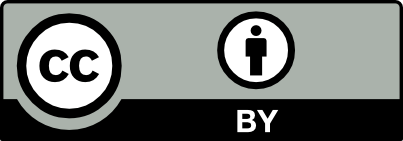DOI
10.31986/issn.2578-3343_vol1iss2.1
First Page
1
Last Page
19
Abstract
Introduction: Training medical students in the policy topics of healthcare economics, delivery systems, disparities, and reform helps to prepare them for the growing role of advocacy in medicine. We used a near-peer educational model to create an elective to advance learners’ policy knowledge and advocacy skills, while simultaneously offering student directors hands-on experience in educational program development.
Methods: The 4-week elective for fourth year medical students included weekly readings, policy seminars, advocacy workshops, and journal clubs. Longitudinally, students prepared for a policy debate and prepared a research project or Op-Ed article on a healthcare disparity topic of their choice. The elective was designed, coordinated, and implemented by a team of first, second, third, and fourth-year medical students with faculty adviser oversight. Pre- and post-surveys were utilized to assess student learners’ knowledge of subject material and their perceptions of the effectiveness of the curriculum. Student directors self-assessed their confidence with the subject material and acquired skill in educational program development.
Results: Student learners (n=6) noted significant improvement in their knowledge of health policy (P=0.0002) and advocacy (P=0.0064). They also reported improvement in several subtopics under policy and advocacy, with significant improvements seen in healthcare reform (P=0.0131) and writing skills (P=0.0099). Student directors (n=4) reported improved skills in curriculum development, educational evaluation, and leadership.
Discussion: This novel student-run elective provided effective training in health policy and advocacy that extends beyond traditional curricula in medical school. Employing a near-peer model, the elective offers a sustainable system to educate interested students in these subjects and provide student directors unique experience in medical education. Further evaluation of future iterations will help determine the effectiveness of the curriculum in advancing individual policy and advocacy subtopics to guide future curricular modifications.
Recommended Citation
Luke, Michael J.; Abrahams, Sara J.; Llanos, Danielle; Howell, Danielle A. L.; and Block, Lauren
(2020)
"Advancing Health Policy and Advocacy Education in Medical School through a Student-run Elective,"
Cooper Rowan Medical Journal: Vol. 2:
Iss.
1, Article 1.
DOI: 10.31986/issn.2578-3343_vol1iss2.1
Available at:
https://rdw.rowan.edu/crjcsm/vol2/iss1/1
Creative Commons License

This work is licensed under a Creative Commons Attribution 4.0 License.








